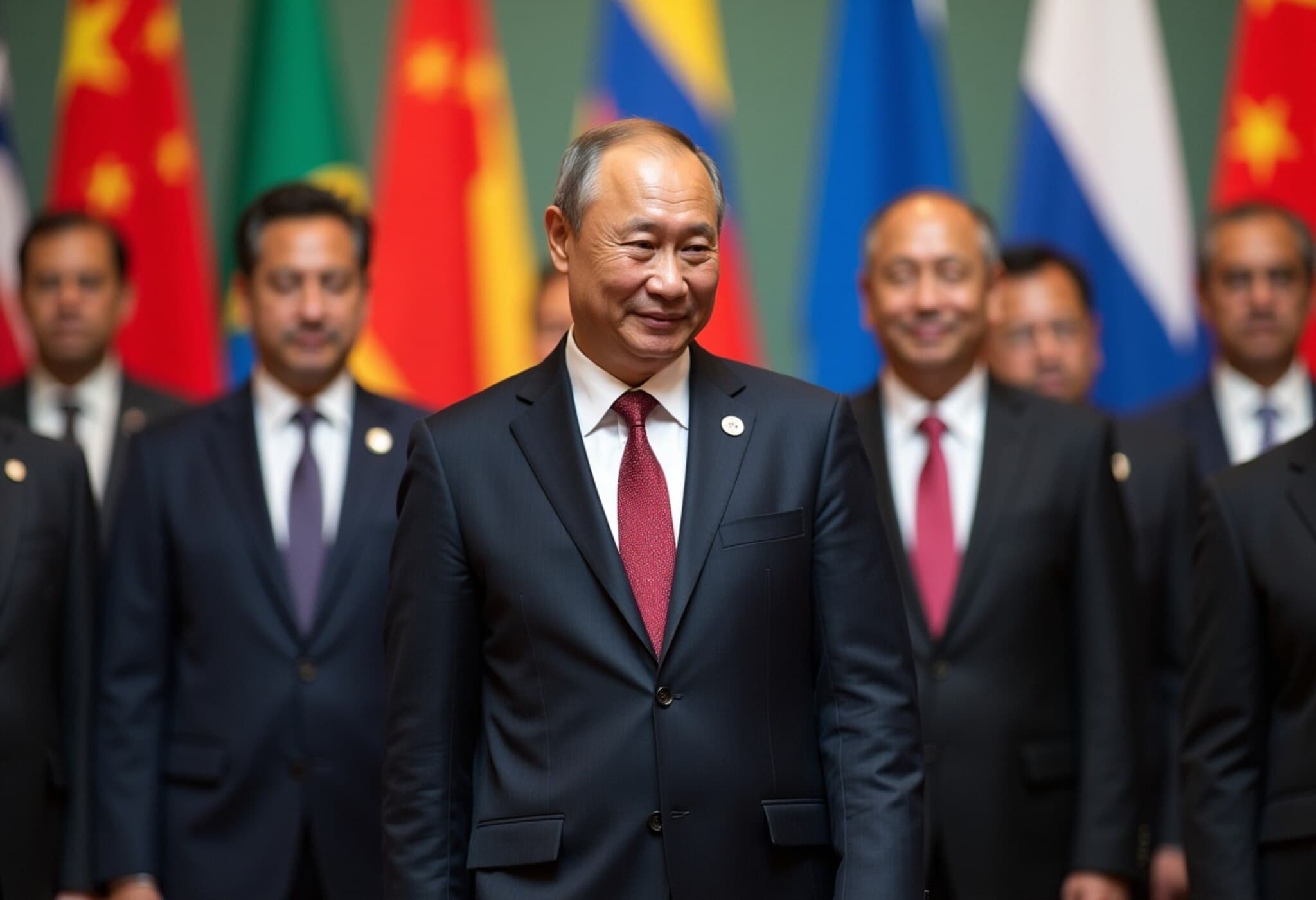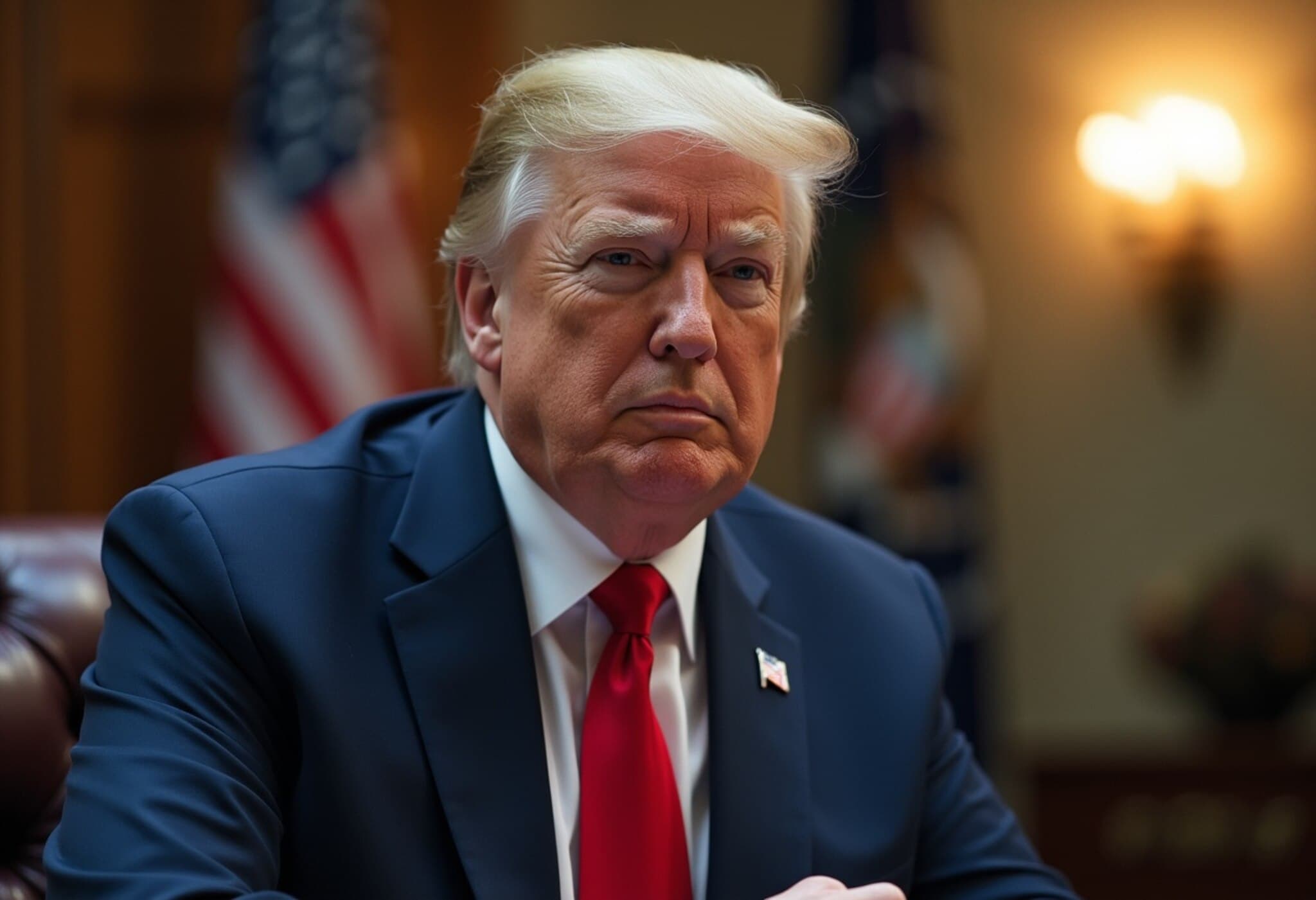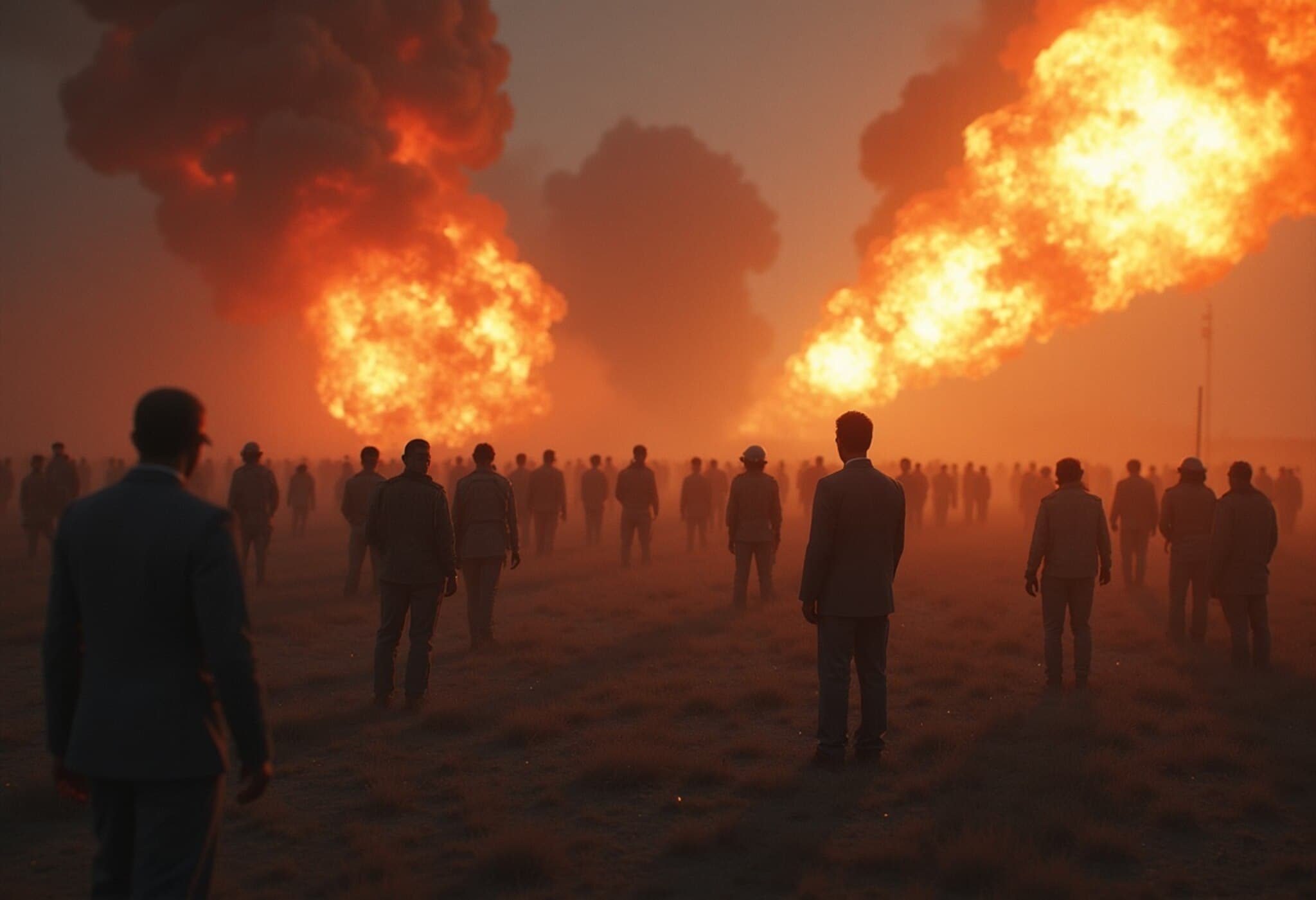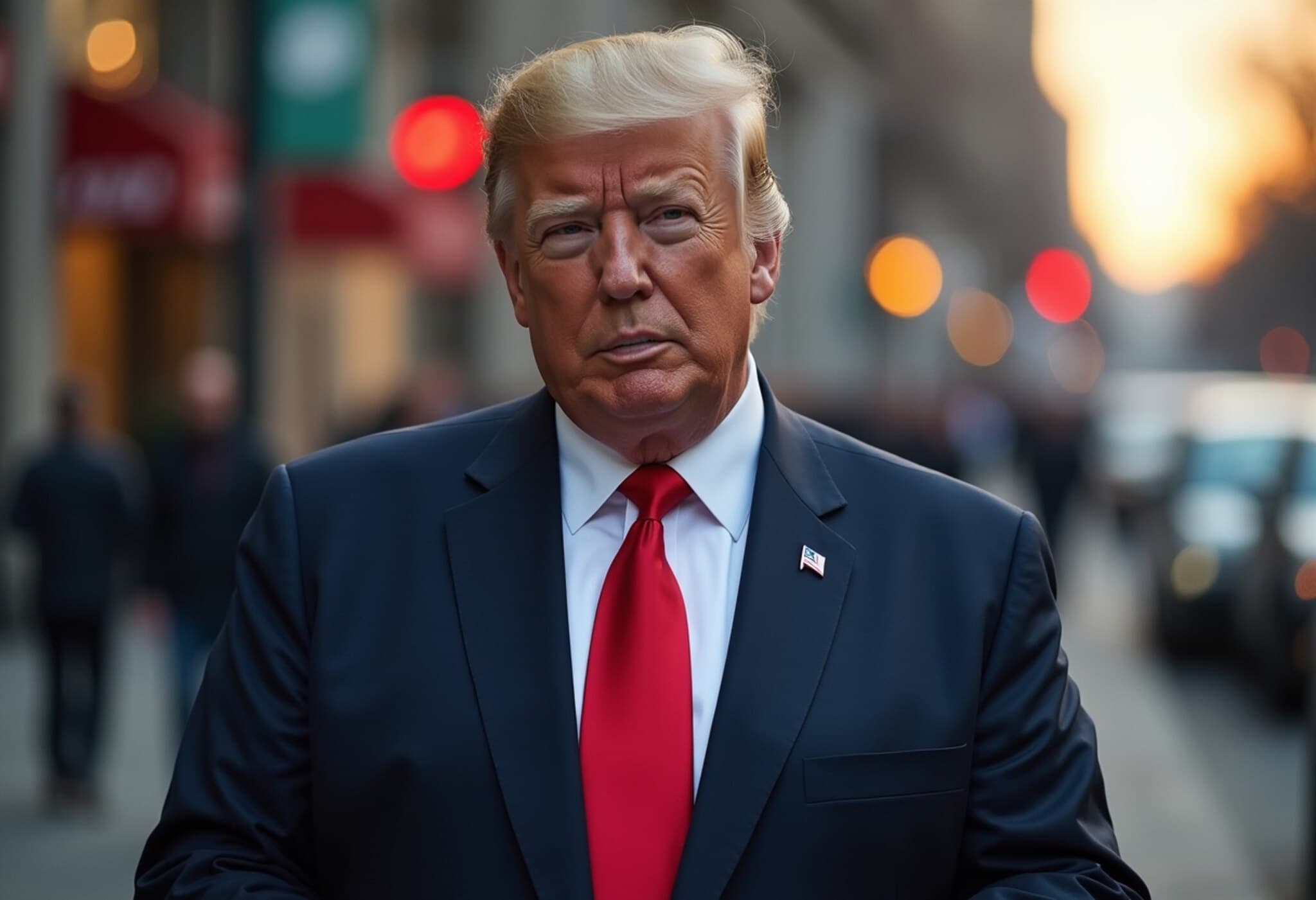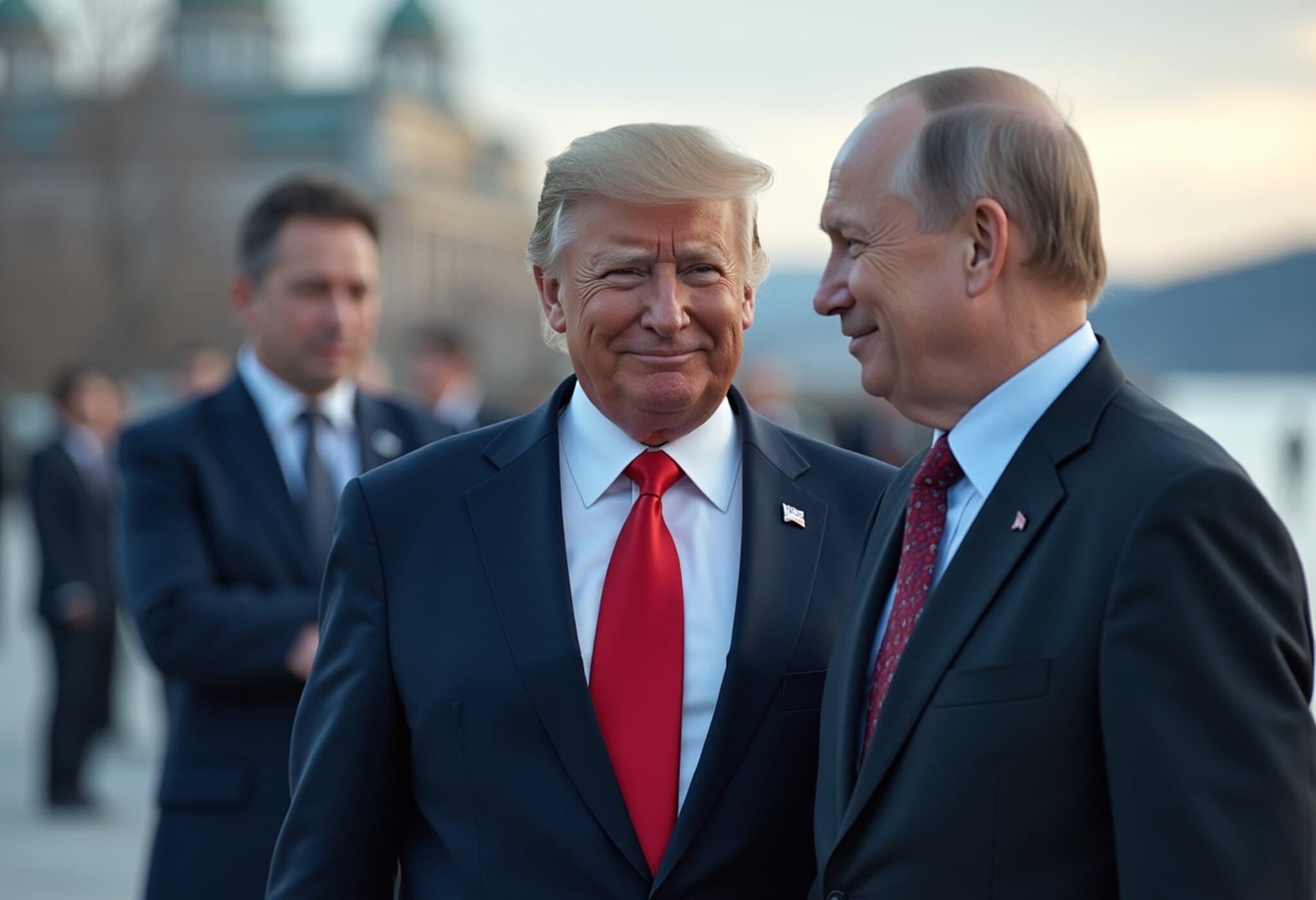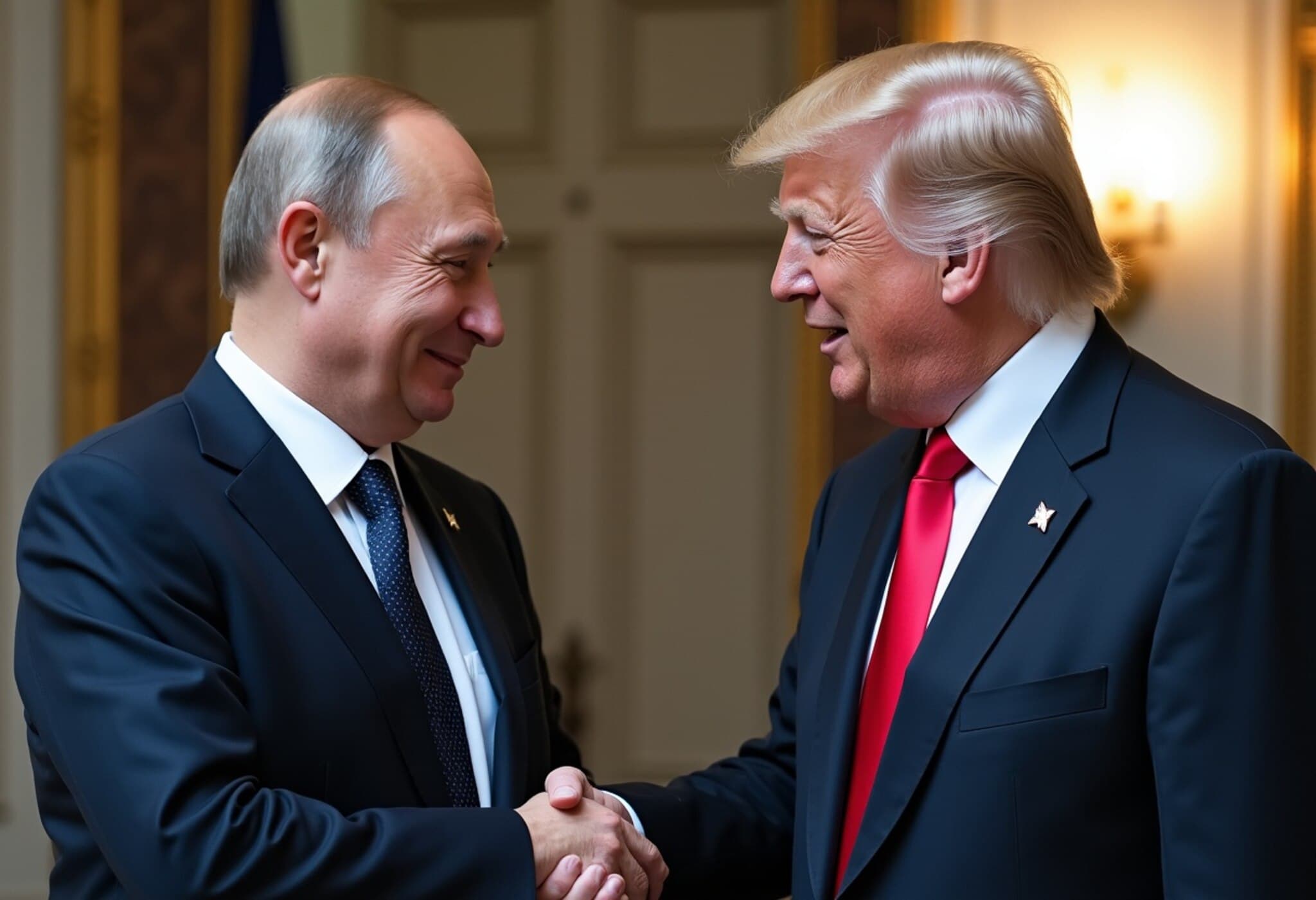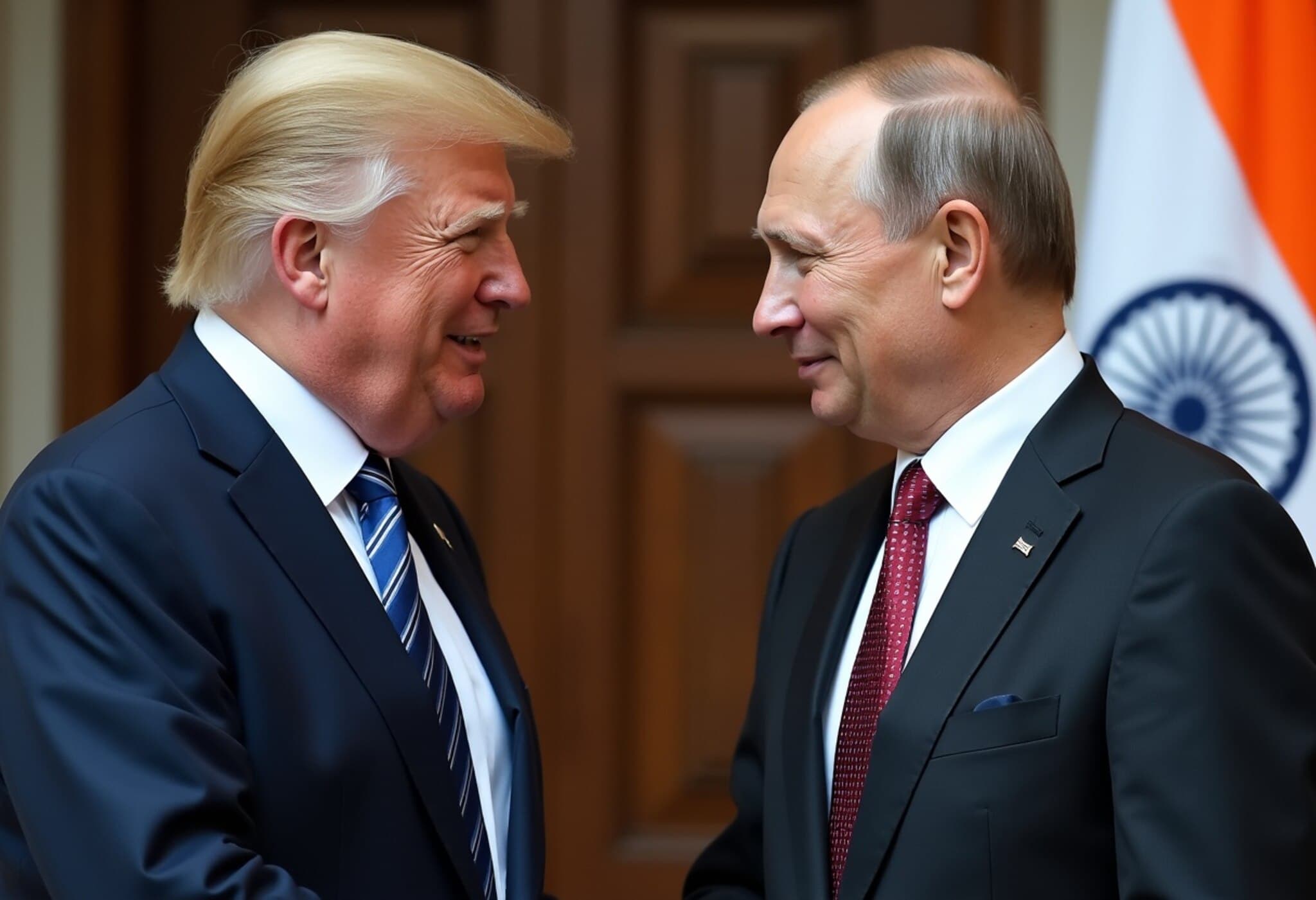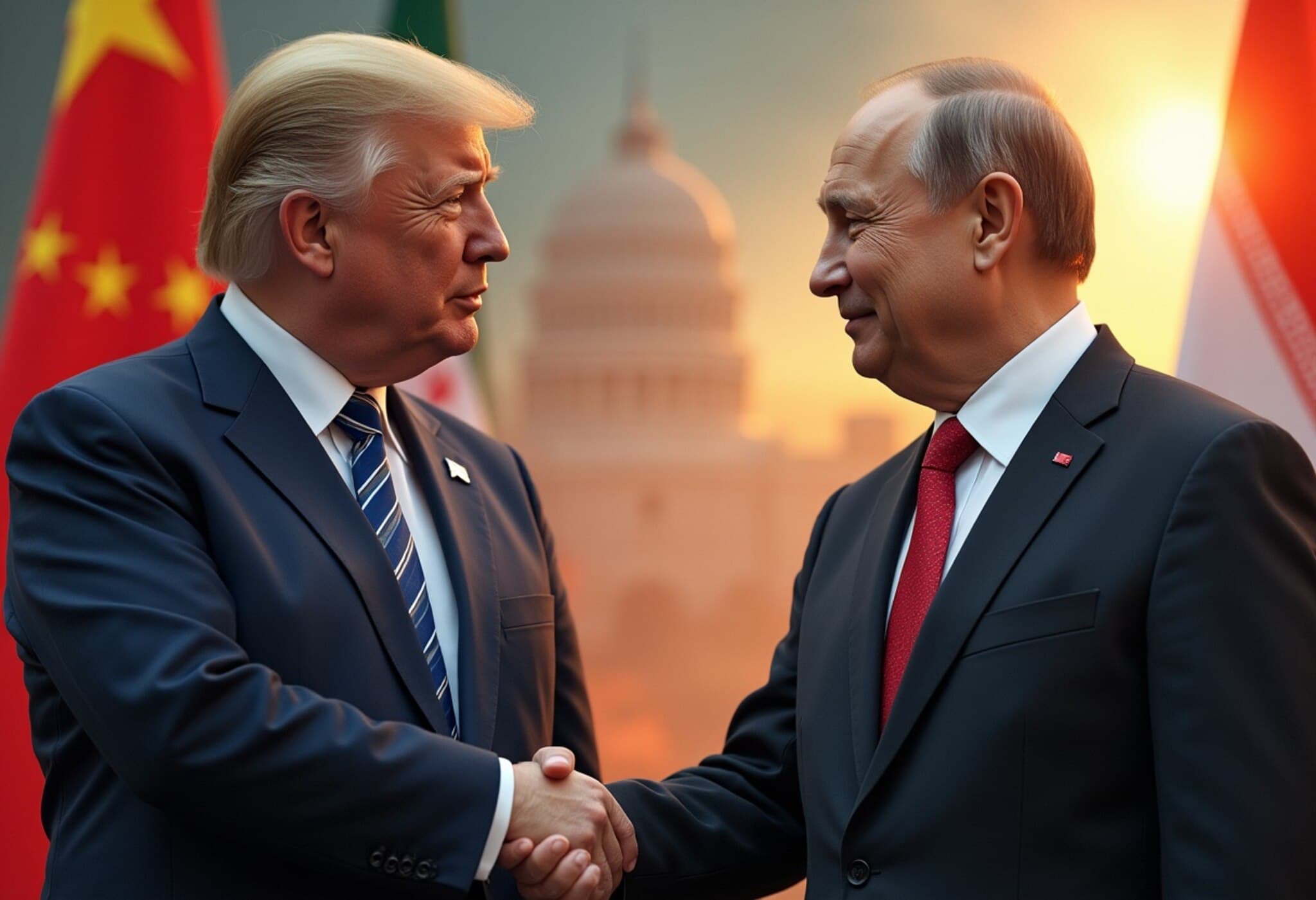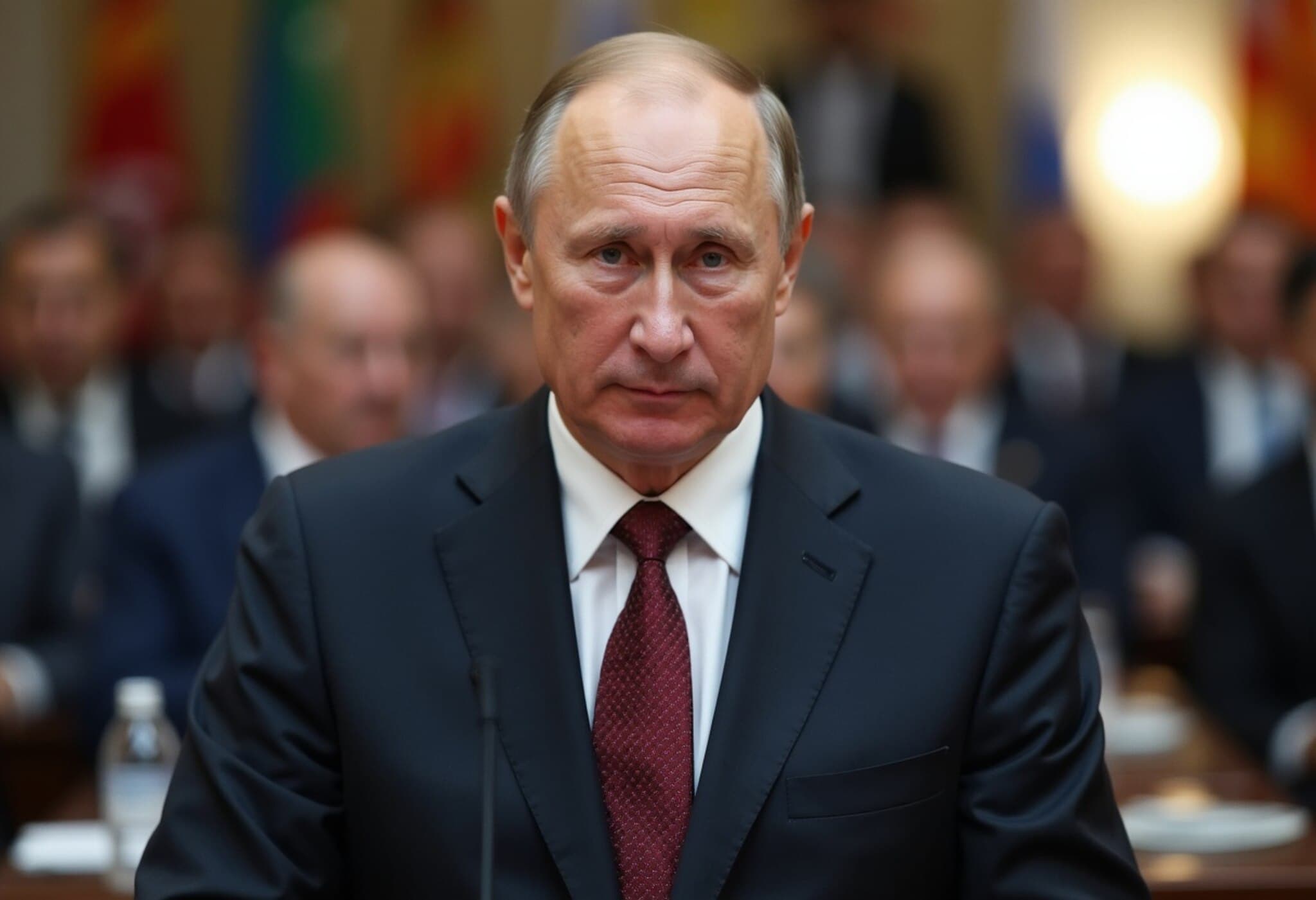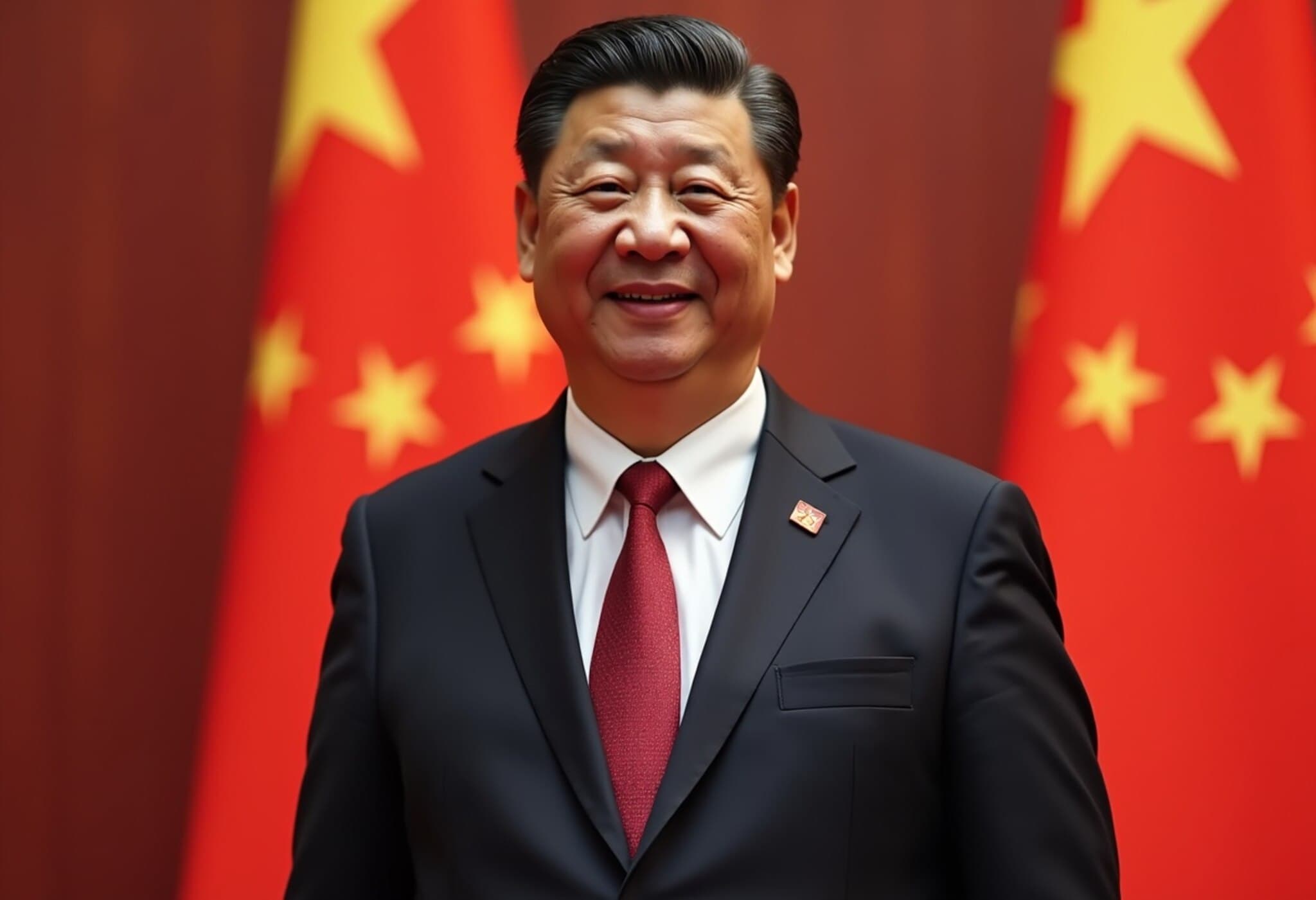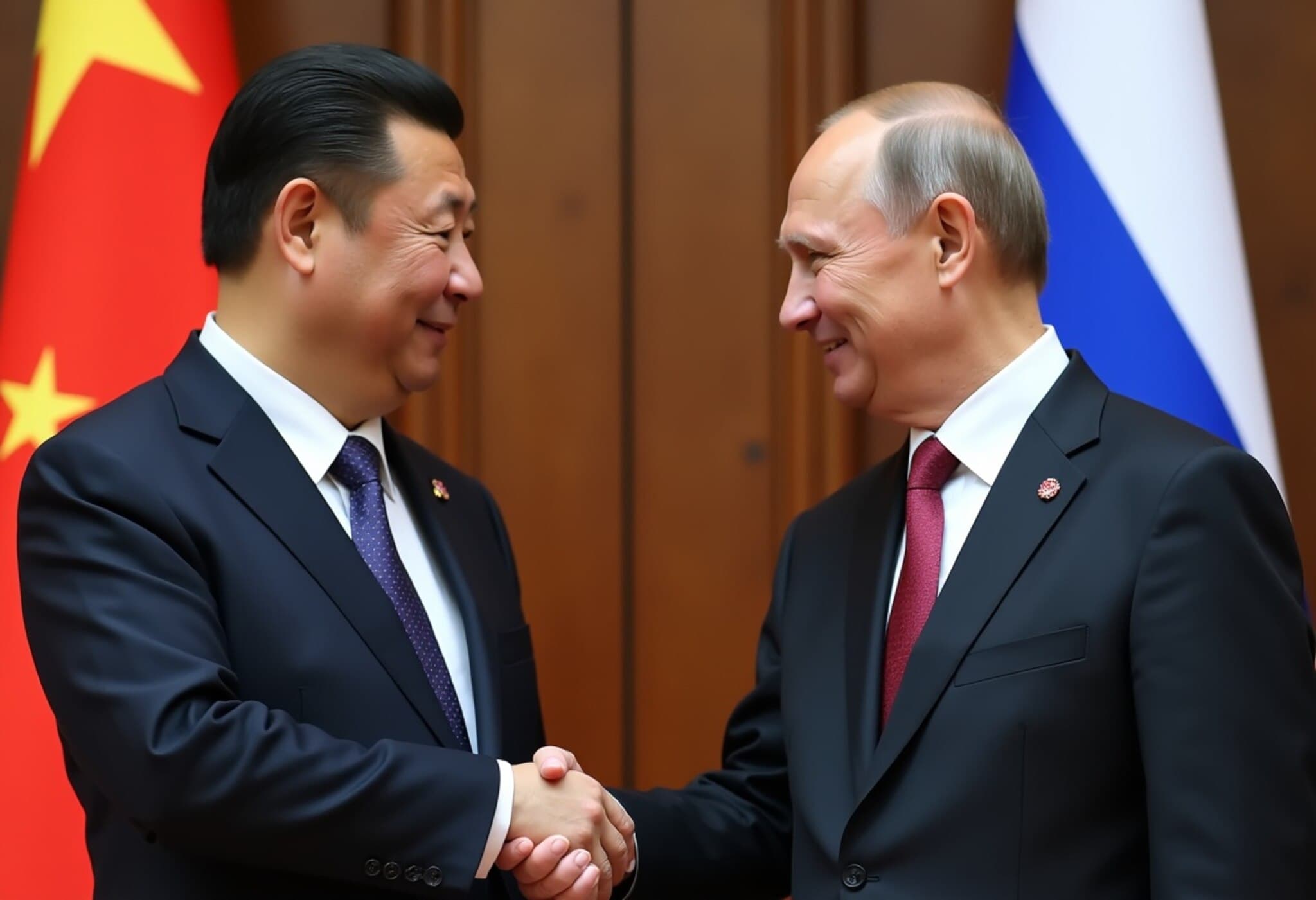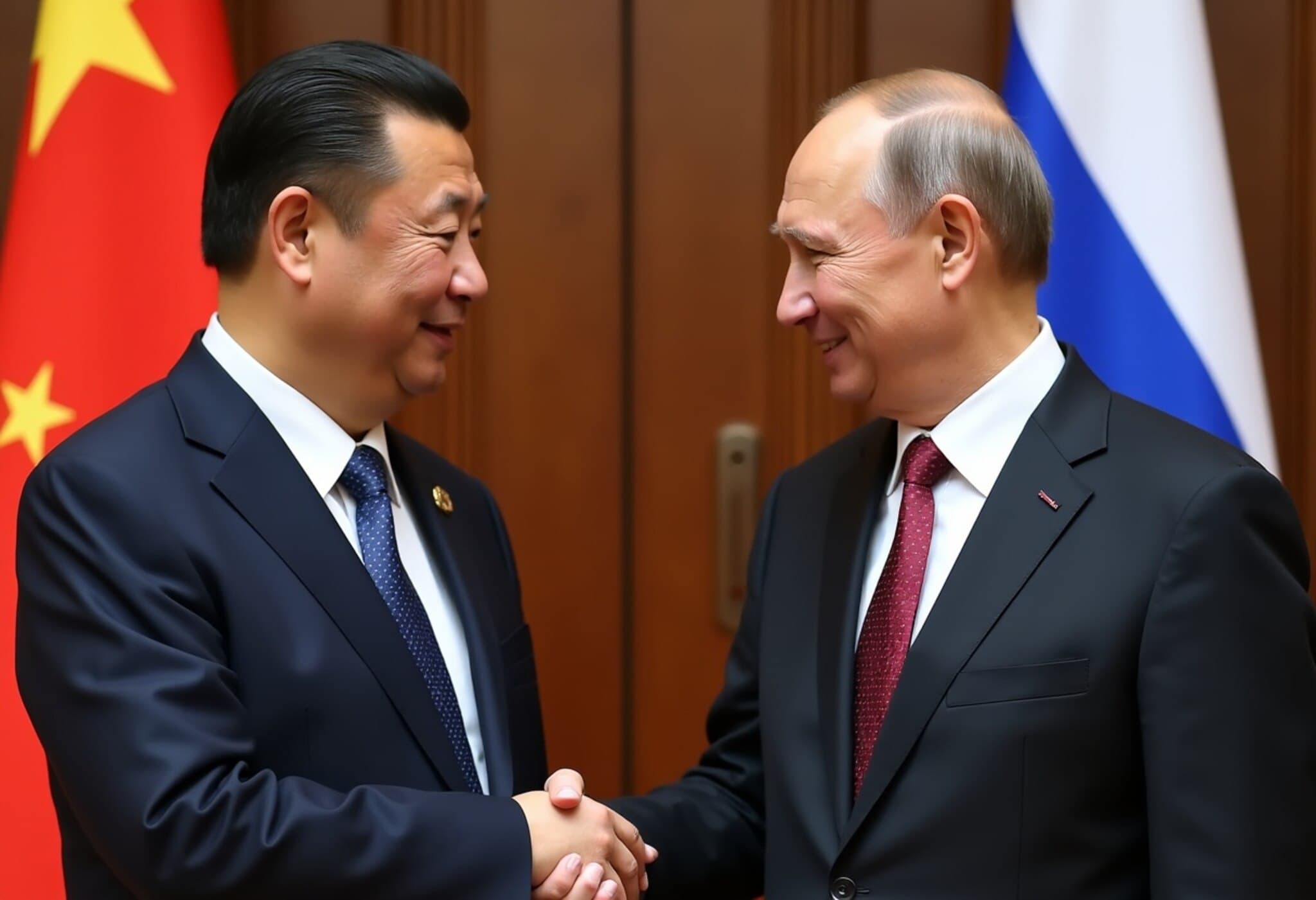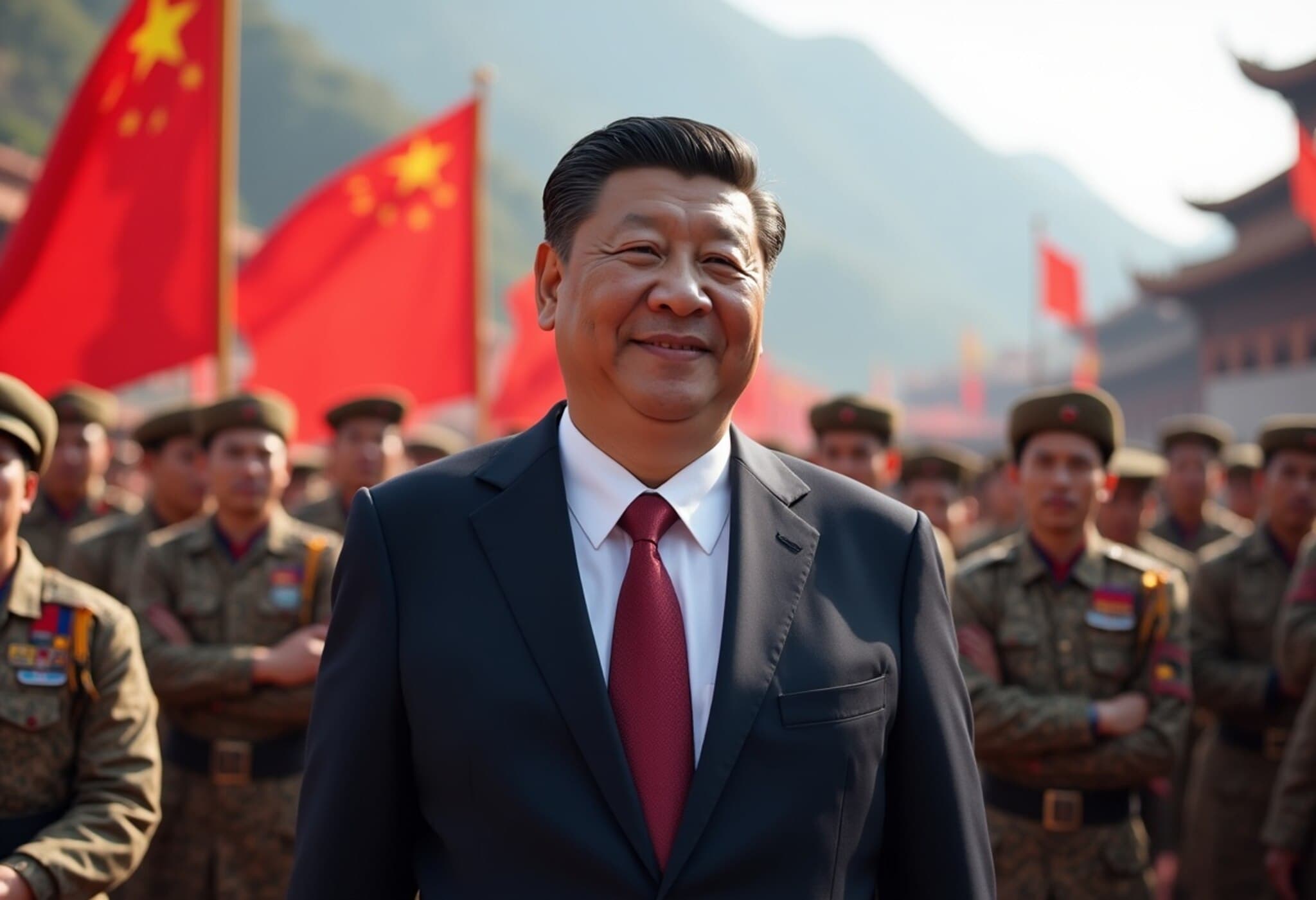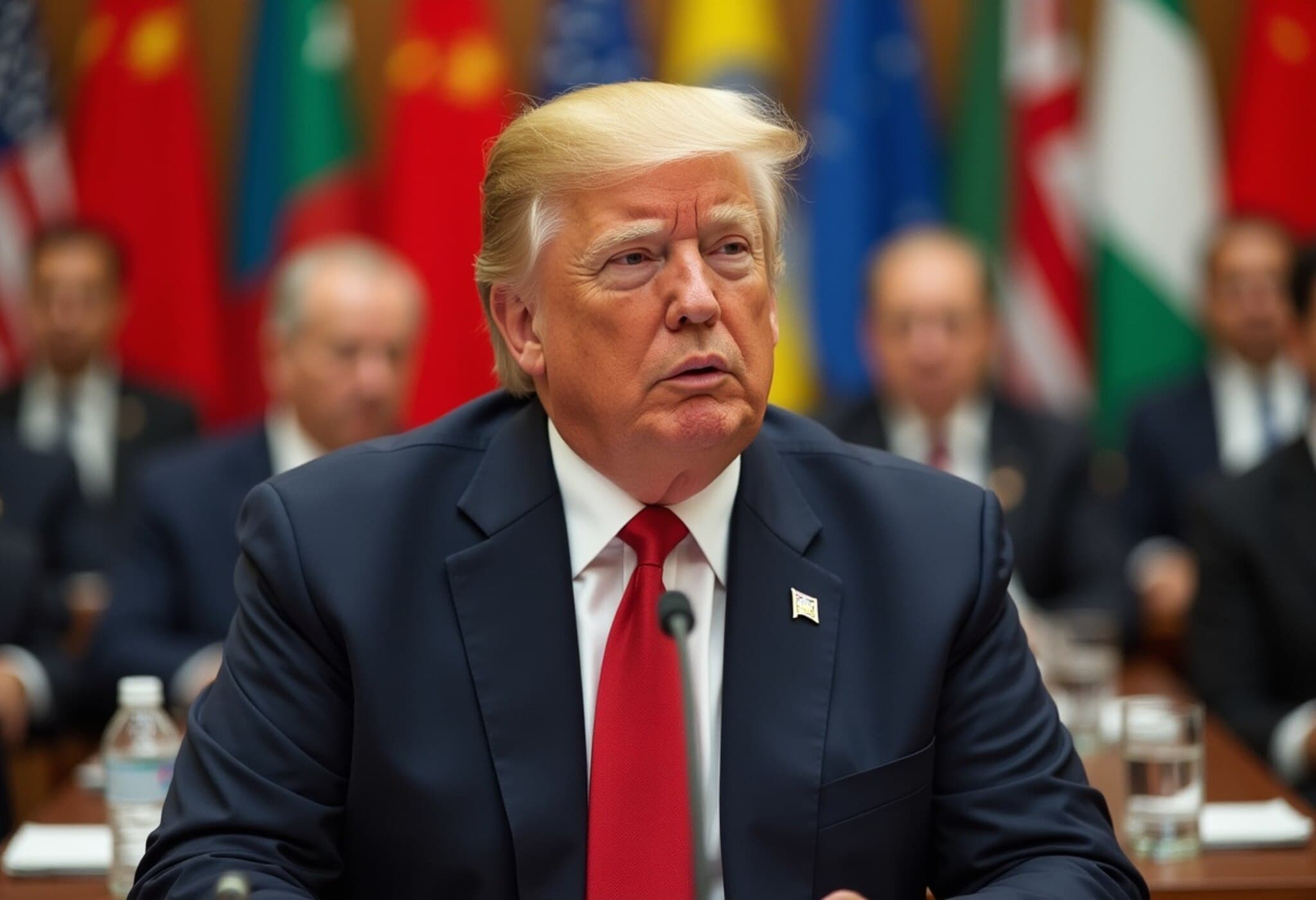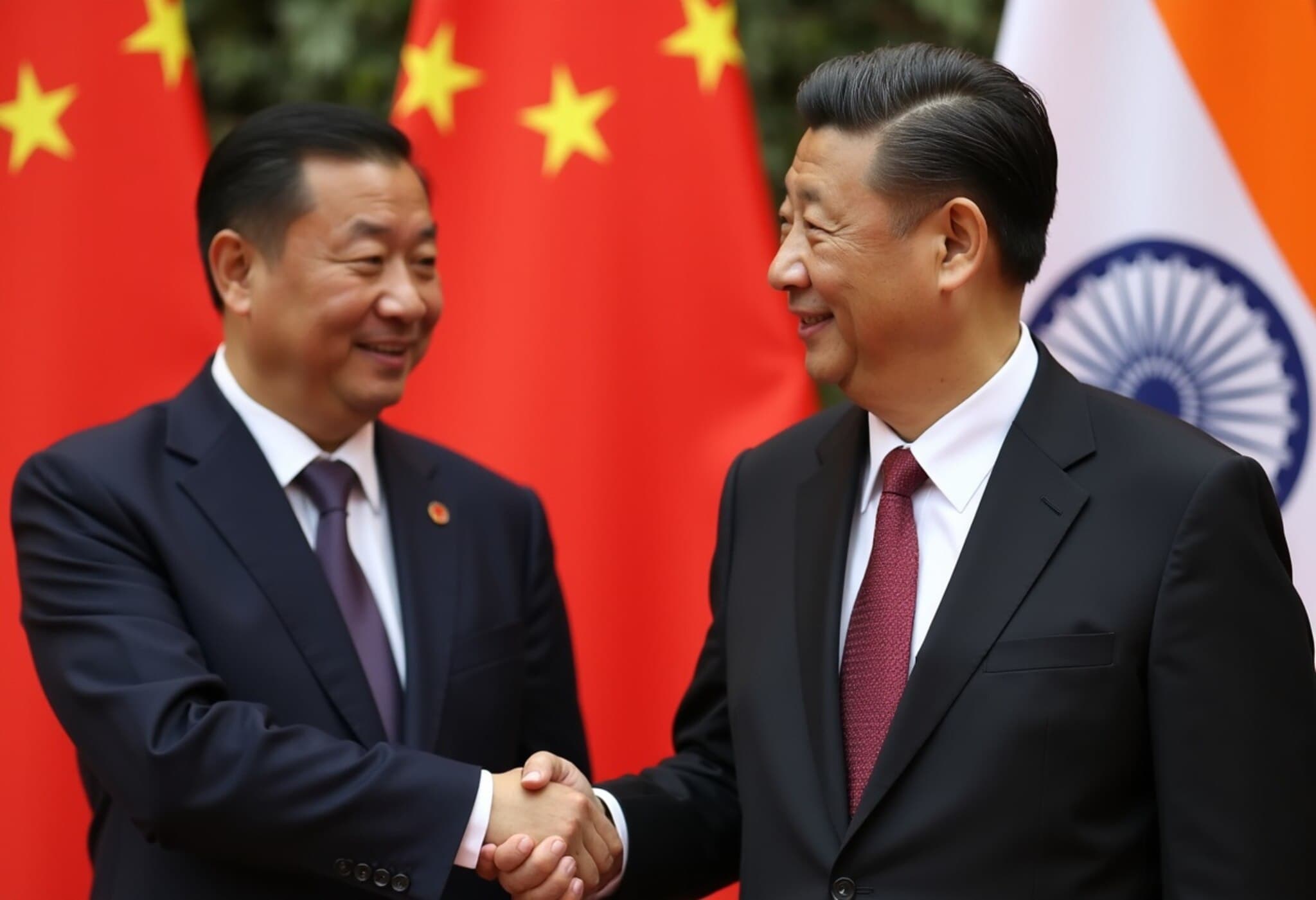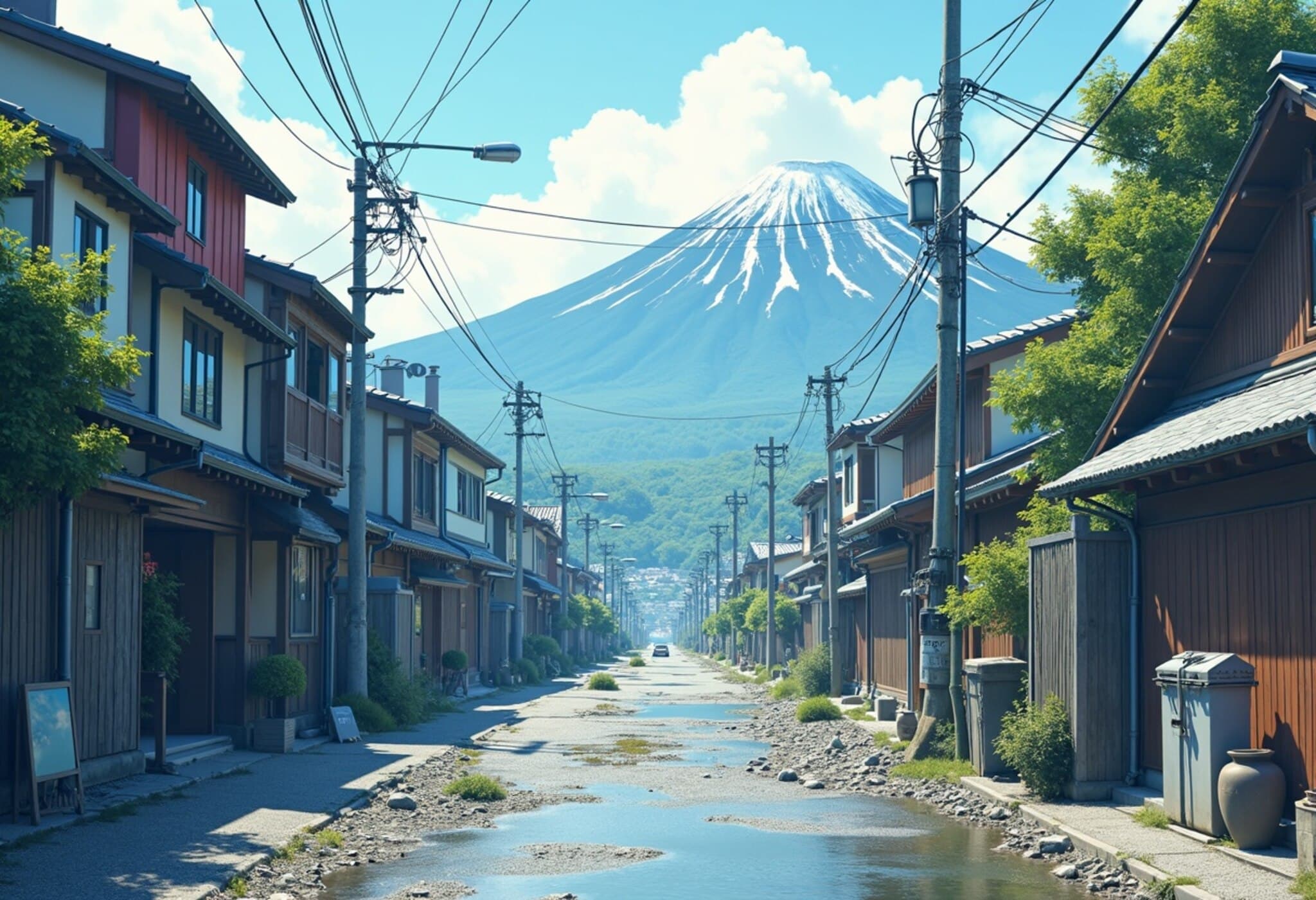BRICS Summit in Brazil Sees Absences of Xi Jinping and Vladimir Putin
As Brazil prepares to host the 2025 BRICS Summit, a palpable shift in the group’s dynamics has captured global attention. For the first time in over a decade, Chinese President Xi Jinping and Russian President Vladimir Putin will not attend the summit, signaling potential ideological fault lines within the increasingly diverse bloc.
Traditionally, both leaders have been stalwart participants—Xi attending for 12 consecutive years, and Putin reliably present until recent complications. This year, however, China is represented by Premier Li Qiang, with official explanations citing mere "scheduling conflicts." Meanwhile, Putin’s absence is widely attributed to his legal entanglements with the International Criminal Court (ICC) and the sensitive diplomatic landscape in Brazil, a signatory to ICC statutes.
Context: The Legal and Political Complexities Surrounding Putin’s Absence
Russian President Putin faces an outstanding ICC arrest warrant linked to allegations of orchestrating the abduction and deportation of Ukrainian children amid the ongoing conflict in Ukraine. This warrant complicates his international diplomatic engagements, particularly in countries aligned with ICC procedures. Last year, a diplomatic standoff erupted when Mongolia refrained from acting on a similar warrant during Putin’s visit, intensifying concerns about summit protocols and legal responsibilities.
Brazil’s position as host adds layers of complexity: its commitment to the ICC statute makes Putin’s presence legally and politically sensitive, potentially embarrassing for its government. This context possibly influenced Putin’s decision to forgo the summit in Rio de Janeiro.
BRICS’ Expansion: A Path to Growth—and Division?
Since its inception, BRICS—originally composed of Brazil, Russia, India, China, and South Africa—has been considered a strategic counterweight to Western-dominated groups like the G7, championing the interests of emerging economies. However, the bloc’s dramatic expansion in 2023, welcoming Indonesia, Iran, Egypt, Ethiopia, Saudi Arabia, and the UAE, brings both opportunity and discord.
This newly broadened alliance encompasses nations with diverse political ideologies, economic models, and strategic priorities. Many of the latest members lean toward authoritarian governance, which creates subtle friction with the democratic traditions of Brazil, South Africa, and India.
Experts suggest that such heterogeneity risks diluting BRICS’ core cohesion and its ideological clarity as a distinct alternative to Western capitalism. As political analyst Maria Torres remarks, "The more diverse the group becomes, the harder it is to find common ground beyond convenience and economic interests."
Case Studies Highlighting Ideological Divergences
- United Nations Security Council (UNSC) Reform: Brazil champions reform and expansion to democratize the UNSC, a stance complicated by China’s blocking of India’s bid for permanent membership, highlighting deep geopolitical tensions within BRICS.
- Climate Commitments: Brazil’s ambition to spearhead global efforts on carbon emission reductions faces resistance from fossil fuel–dependent economies like Saudi Arabia, Russia, and the UAE, revealing contrasting environmental priorities.
What Does Xi’s Absence Signal About China’s Strategy?
China’s absence from the summit is especially striking at a moment when the United States is perceived to be retreating from some global leadership roles. Many observers anticipated China stepping up to fill the vacuum within BRICS and beyond. Yet, Xi’s decision to delegate attendance to Premier Li Qiang raises questions about Beijing’s current commitment to the bloc.
Some analysts speculate that China and Russia might be recalibrating their foreign policy priorities, weighing the benefits of BRICS against other global and regional initiatives. As geopolitical tides shift, the long-term coherence of BRICS as a unified front remains uncertain.
The Road Ahead: Can BRICS Overcome Its Internal Divides?
With growing ideological differences, BRICS faces a critical crossroads. The group must reconcile divergent agendas or risk diminishing relevance on the global stage. Brazil, acting as host, finds itself walking a diplomatic tightrope—balancing its democratic values and ambitions with the interests of more autocratic members.
Moving forward, key questions emerge:
- Will BRICS evolve into a loose economic forum, or can it forge a cohesive political identity?
- How will internal disagreements, especially on climate policy and global governance reforms, shape future summits?
- Can the group maintain solidarity in the face of complex global challenges amid changing global power dynamics?
Editor's Note
The absence of towering figures like Xi Jinping and Vladimir Putin at the 2025 BRICS Summit offers a window into an evolving geopolitical landscape fraught with contrasting interests and emerging ideological controversies. What began as a coalition of emerging economies challenging Western dominance now grapples with divergent political models, strategic priorities, and global ambitions. The upcoming summit in Brazil could well define whether BRICS remains a united force or fragments under the weight of its own expansion.

